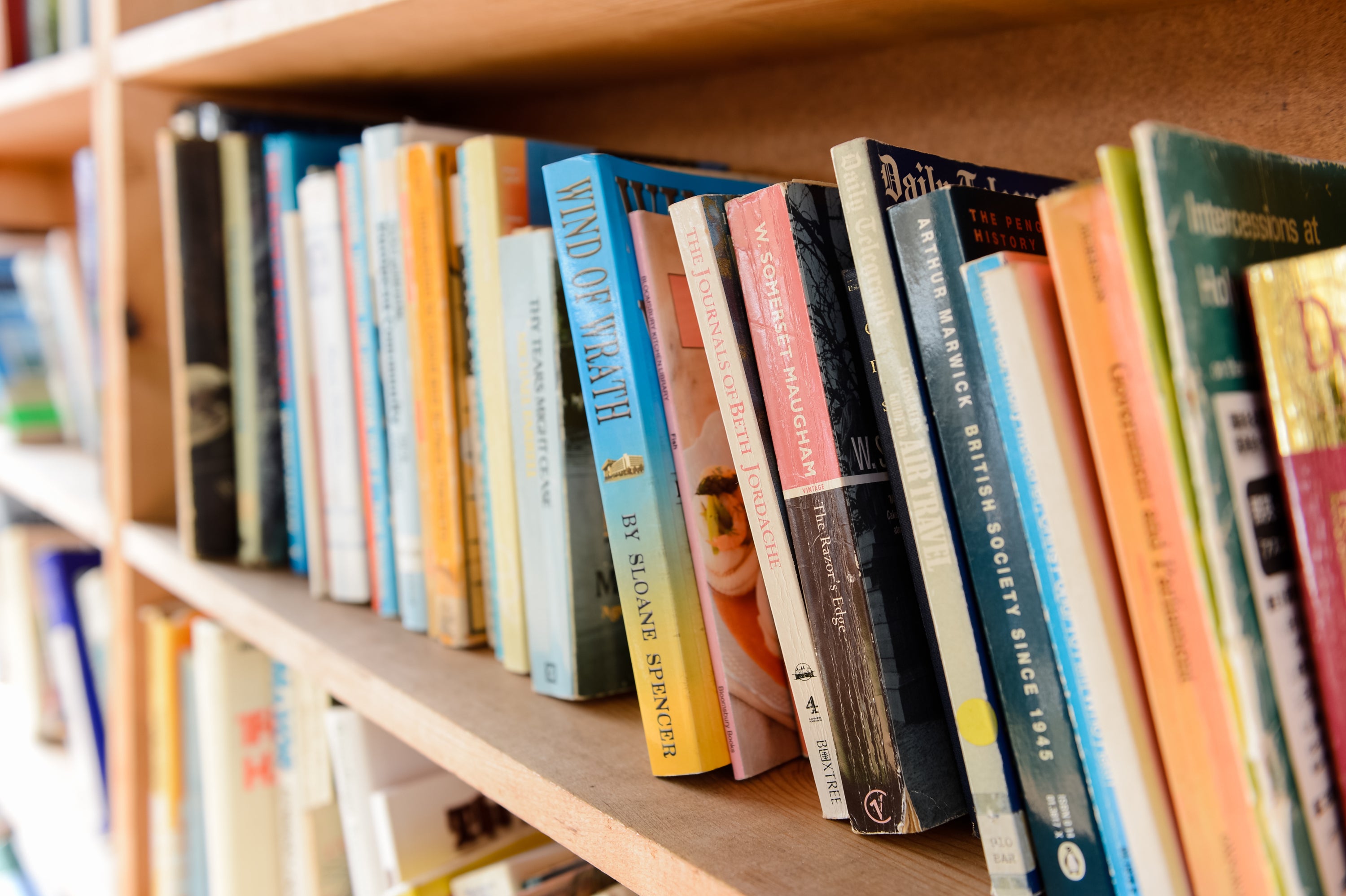New exam board texts bring diverse stories to students
AQA has introduced four new texts by BAME authors for GCSE drama.

Your support helps us to tell the story
From reproductive rights to climate change to Big Tech, The Independent is on the ground when the story is developing. Whether it's investigating the financials of Elon Musk's pro-Trump PAC or producing our latest documentary, 'The A Word', which shines a light on the American women fighting for reproductive rights, we know how important it is to parse out the facts from the messaging.
At such a critical moment in US history, we need reporters on the ground. Your donation allows us to keep sending journalists to speak to both sides of the story.
The Independent is trusted by Americans across the entire political spectrum. And unlike many other quality news outlets, we choose not to lock Americans out of our reporting and analysis with paywalls. We believe quality journalism should be available to everyone, paid for by those who can afford it.
Your support makes all the difference.A leading exam board has updated its GCSE and A-level drama set texts to improve pupils’ access to diverse writers.
AQA has introduced four new GCSE drama texts by writers from ethnic minority backgrounds.
From September, students studying GCSE Drama will be able to study more black and minority ethnic (BME) playwrights, including The Great Wave by Francis Turnly and The Empress by Tanika Gupta.
A-level drama students will be able to study The Convert by Danai Gurira and Three Sisters by Inua Ellams.
The Great Wave tells the true story of Japanese citizens abducted by the North Korean regime in the 1970s and 80s, echoing the story of Megumi Yokota, a 13-year-old who went missing in the 1970s.
The Empress explores the story of Rani Das and Abdul Karim, who arrive in London in 1887 from India. Rani must face a society that deems her a second-class citizen, while Abdul forms a relationship with the ageing Queen Victoria.
The Convert follows the story of a young Shona girl who escapes an arranged marriage through conversion to Christianity.
Three Sisters, a new production of Chekhov’s play, is set in 1960s Owerri, Nigeria, where the country is poised on the brink of civil war.
Sandra Allan, AQA’s head of curriculum for Creative Arts, said: “We’ve chosen these plays because of the rich opportunities they’ll offer our teachers and students to explore a diverse range of themes including race and social issues.
“However, we know that just adding new plays won’t bring about greater diversity in the curriculum by itself, so we can’t stop there – we need to make it as easy as possible for schools to start teaching these plays.
“That’s why we’re providing lots of new support and resources and we really hope teachers and students will enjoy these new additions to our drama qualifications.”
AQA will provide teaching resources including specimen questions, and the social and historical backgrounds of each of the plays, as well as free training on the new texts.
Online training events have been developed in collaboration with Mezze Eade and Romana Flello of the London Theatre Consortium (LTC), covering topics such as stereotypes, accents and casting.
The news follows an announcement from Pearson in 2021 that pupils taking Edexcel’s GCSE drama qualification would study a more diverse selection of texts, including Bola Agbaje’s play about race identity and youth culture Gone Too Far and the North Korean-based drama The Free9 by In-Sook Chappell.